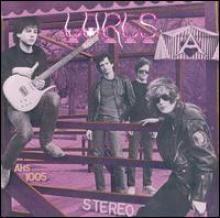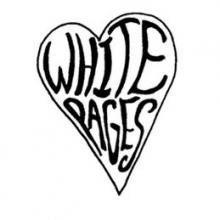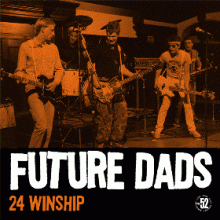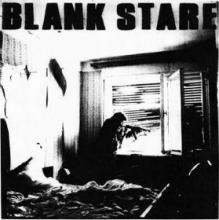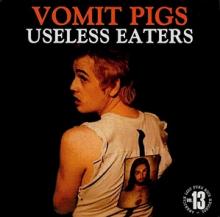Cows: Distortion, for Starters
At the time of Cows’ first long player, 1987’s Taint Pluribus Taint Unum, Nirvana’s Bleach was still a few years off even as the rest of the country wallowed in the post-punk noise-rock thing. Affixing any sort of commercial viability onto music like what the Cows were producing then seemed ludicrous. Granted, the band kept at it until the late nineties, but latter day listeners have to believe that was out of persistence as much as the glimmer of hope that the band would get a break in the wake of Alterna-nation springing.
Cows didn’t get that break. And instead, Shannon Selberg would go on to found Heroine Sheiks, achieving a bit more notoriety.
Either way, the recorded legacy Cows left behind hasn’t yet been subsumed in the backwards gazing, highfalutin recasting of independent rock from the era. And it’s really kinda difficult to understand why. With vocals edging towards the Big Boys, Selberg and company put together twelve tracks for its debut that didn’t let up and probably couldn’t be properly contrasted with another full length work apart from late-period Black Flag. “Yellowbelly” isn’t that disenchanted with life, but Kevin Rutmanis’ bass here gives an ample display of how indispensible the low end was to Cows. The song actually opens with a huge groove prior to Selberg starting his screeching. After that it’s all guitars struggling to be heard and express some sort of violent depression. The rest of Taint Pluribus Taint Unum isn’t all that drastically different. And for the most part, it’s all a variation on a theme.
By the time listeners get to the punky penultimate “Mother (I Love That Bitch),” it’s almost a relief to arrive at the six minute closer, “Weird Kitchen.” Maybe a nod to the Doors’ “Soul Kitchen” or the Buzzcocks’ Another Music Different Kitchen, the song’s mostly dirgey reverence for oddities. As slow as the song gets, Cows don’t lose the aggression from early offerings, it’s just encased in an unsteady swagger and sheets of guitar noise.

